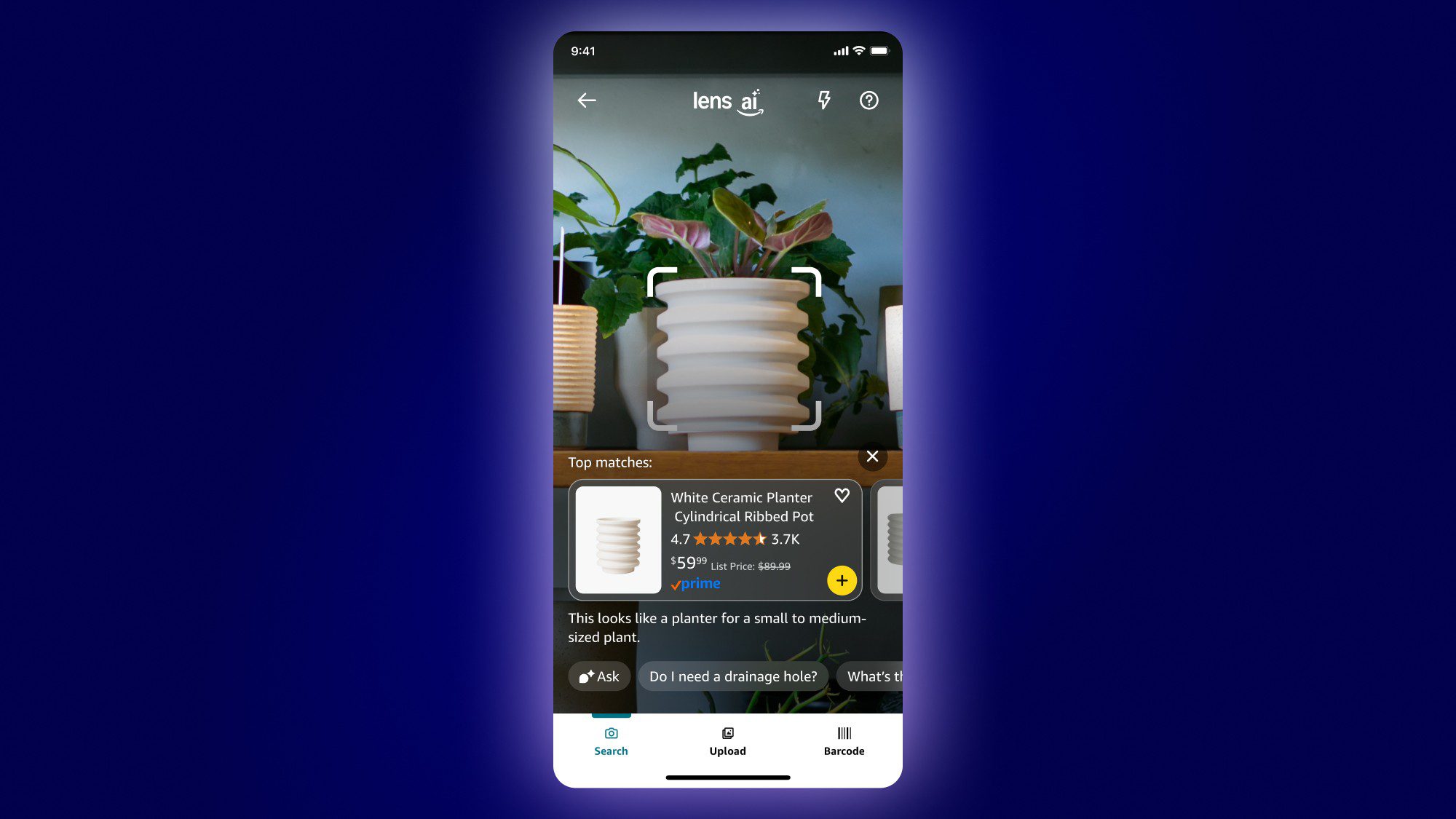
google and apple s 20 billion search — In a significant ruling for the tech industry, a federal district court judge has allowed Google to continue its lucrative search partnership with Apple, affirming the $20 billion agreement that designates Google as the default search engine for Apple's Safari browser..
In a significant ruling for the tech industry, a federal district court judge has allowed Google to continue its lucrative search partnership with Apple, affirming the $20 billion agreement that designates Google as the default search engine for Apple’s Safari browser.
google and apple s 20 billion search
Background of the Case
google and apple s 20 billion search: key context and updates inside.
The ruling comes amid ongoing scrutiny of Google’s business practices, particularly in relation to antitrust laws. The U.S. Department of Justice (DOJ) filed a lawsuit against Google in 2020, alleging that the company had established a monopoly in the search and advertising markets. This case, known as US v. Google, has been closely watched by industry analysts, policymakers, and competitors alike, as it could set important precedents for how large tech companies operate.
In a previous ruling, Judge Amit Mehta determined that Google was indeed a monopolist in the search and advertising sectors. This finding underscored the DOJ’s concerns about Google’s market dominance and its implications for competition and consumer choice. The current ruling, however, focuses on the remedies available to address these monopolistic practices.
The Ruling’s Key Points
Continued Search Agreements
Judge Mehta’s ruling allows Google to maintain its existing agreements with distribution partners, including Apple and Mozilla, the maker of the Firefox browser. The judge stated, “Google will not be barred from making payments or offering other consideration to distribution partners for preloading or placement of Google Search, Chrome, or its GenAI products.” This decision is pivotal for Google, as these agreements are a significant source of revenue and help solidify its position in the search market.
Implications for Distribution Partners
In his ruling, Judge Mehta highlighted the potential negative consequences of restricting Google’s payments to its partners. He noted that “cutting off payments from Google almost certainly will impose substantial—in some cases, crippling—downstream harms to distribution partners, related markets, and consumers, which counsels against a broad payment ban.” This perspective underscores the interconnected nature of the tech ecosystem, where the financial health of one company can significantly impact others.
Executives from both Apple and Mozilla have defended their respective agreements with Google. Mozilla’s Chief Financial Officer testified that without the search deal, Firefox might face dire financial challenges. This testimony illustrates the reliance of smaller companies on partnerships with larger firms to sustain their operations and compete in the market.
Choice Screens and Data Sharing
No Requirement for Choice Screens
Another significant aspect of Judge Mehta’s ruling is that Google will not be required to implement choice screens on its products. Choice screens are often proposed as a means to enhance consumer choice by allowing users to select their preferred search engine. However, the judge determined that such a requirement was unnecessary in this case, which could be seen as a win for Google.
Data Sharing with Competitors
While Google has been granted the ability to continue its search agreements, the court did impose some conditions. Google will be required to share certain search data with competitors. This aspect of the ruling aims to foster a more competitive environment in the search market, allowing smaller players to gain insights that could help them improve their offerings and attract users.
Reactions from Stakeholders
Google’s Response
Following the ruling, Google expressed satisfaction with the court’s decision, emphasizing its commitment to providing users with the best search experience. The company plans to appeal the broader findings of monopolistic behavior but views the ruling on remedies as a positive outcome. Google has consistently argued that its agreements with distribution partners benefit consumers by ensuring easy access to its services.
Apple and Mozilla’s Position
Apple and Mozilla have also welcomed the ruling, viewing it as a validation of their business models. Both companies rely on their partnerships with Google to generate revenue, and the continuation of these agreements is crucial for their financial stability. Mozilla, in particular, has been vocal about the importance of its relationship with Google, citing the potential risks to its operations if the deal were to be disrupted.
Concerns from Antitrust Advocates
Despite the positive reactions from Google, Apple, and Mozilla, antitrust advocates have expressed concerns about the implications of the ruling. Critics argue that allowing Google to maintain its search agreements without significant changes fails to address the underlying issues of market dominance. They contend that the ruling may perpetuate Google’s monopolistic practices, ultimately limiting consumer choice and stifling competition.
Broader Implications for the Tech Industry
The ruling has broader implications for the tech industry as a whole. It highlights the challenges regulators face in addressing monopolistic behavior in a rapidly evolving digital landscape. The decision may embolden other tech giants to pursue similar agreements, knowing that they may not face significant legal repercussions.
Moreover, the ruling raises questions about the effectiveness of current antitrust laws in regulating the behavior of large tech companies. As digital platforms continue to dominate various sectors, there is an increasing need for lawmakers to reevaluate existing regulations and consider new frameworks that can better address the complexities of the digital economy.
Future Developments
As Google prepares to appeal the earlier findings of monopolistic behavior, the tech industry will be closely monitoring the situation. The outcome of this appeal could have far-reaching consequences for Google’s business practices and the regulatory landscape for tech companies in general.
Additionally, the DOJ may consider further actions to address the concerns raised by the court’s ruling. This could include pursuing additional regulations or legislative measures aimed at promoting competition in the tech sector.
Conclusion
The recent ruling in the US v. Google antitrust case represents a critical moment in the ongoing debate over competition in the tech industry. While Google has secured a victory by retaining its search agreements with Apple and Mozilla, the broader implications of the ruling raise important questions about market dominance, consumer choice, and the effectiveness of antitrust regulations. As the tech landscape continues to evolve, stakeholders will need to remain vigilant in addressing the challenges posed by monopolistic practices and ensuring a competitive environment for all players.
Source: Original report
Related: More technology coverage
Further reading: related insights.
Further reading: related insights.
Further reading: related insights.
Was this helpful?
Last Modified: September 3, 2025 at 11:54 am
1 views















